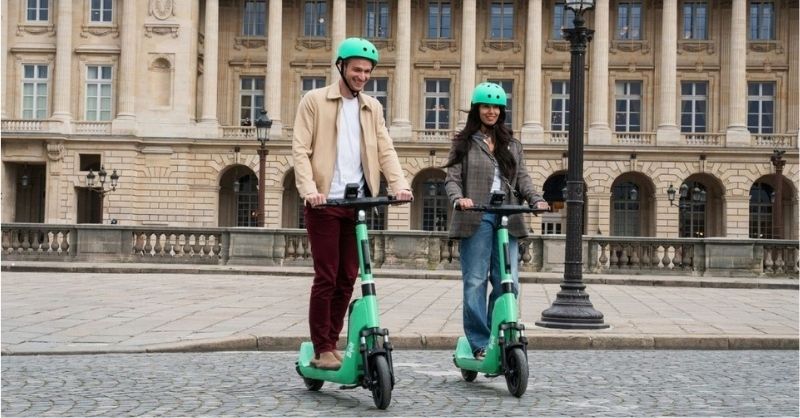Europe based Bolt, the leading ride-hailing micromobility, and food delivery platform, announced on Tuesday that it will invest more than €150M in 2022 to expand its scooter and e-bike operations and create solutions to improve user experience and safety.
The Estonian ride-sharing startup raised €150M in December 2021 and now by the end of 2022, Bolt claims to expand its fleet to over 230,000 scooters and e-bikes in over 250 cities.
In comparison to a year earlier, the company said that usage of its scooters has increased by a “huge” amount. In March 2022, the company reported a 500% increase in rides over the same period last year.
The company also claims that its increased scooter trips are due to its quick development into new cities and nations. Bolt scooters are now available in over 170 European cities across 20 nations, up from about 60 locations across 15 countries a year ago. Bolt scooters are now available in 54 cities across Germany, including Berlin, Hamburg, Cologne, Düsseldorf, and Frankfurt, to mention a few.
Future plans
By the end of 2022, the Uber rival plans to have e-bike and scooter fleets in over 250 cities across Europe. This year, Bolt obtained licences to operate scooters in locations such as Oslo (Norway), Rijeka (Croatia), Turin (Italy), and Gothenburg (Sweden), confirming its aspirations for growth through 2022.
Dimitri Pivovarov, VP Rentals at Bolt, says, “Our mission is to help build cities for people, not cars, by providing more affordable and environmentally friendly shared mobility alternatives for all city trips. Scooters and e-bikes are a perfect alternative to cars for shorter inner-city trips, so it’s encouraging to see the customer demand for our scooters as we continue to expand across Europe.”
Bolt conducted research with Norway’s Institute of Transport Economics (Transportkonomisk institutt, TI) earlier this year, finding that in-app incentives resulted in a 60% increase in users shifting from ride-hailing to scooters for shorter trips across ten European cities, highlighting the potential to improve city air quality.
Markus Villig, Martin Villig, and Oliver Leisalu founded Bolt in 2013. Bolt is a transportation platform that offers ride-hailing, micromobility, package delivery, and scooter-sharing services. It was previously known as Taxify. The company’s goal is to make urban transport more convenient, faster, and dependable.
Further, Bolt currently boasts of 100 million consumers spread across 45 nations and 400 cities in Europe and Africa. As part of its Green Plan, a long-term commitment to lower the company’s ecological footprint, the mobility platform says that all of its rides in Europe are carbon-neutral.
Safety features
Bolt introduced a number of new safety features for its scooter-sharing network in December 2021, demonstrating how the firm is a trustworthy partner for cities. A tandem riding prevention system detects many people riding a scooter at the same time; a cognitive reaction test ensures riders stay as safe as possible; and a skid prevention system ensures scooters are only used in a safe and responsible manner.
Bolt offers a variety of mobility and delivery services, including scooter sharing. Bolt Market, a 15-minute grocery delivery service, is among the company’s other businesses, which include its ride-hailing service, car-sharing service Bolt Drive and Bolt Food, which allows customers to buy meals from restaurants.















